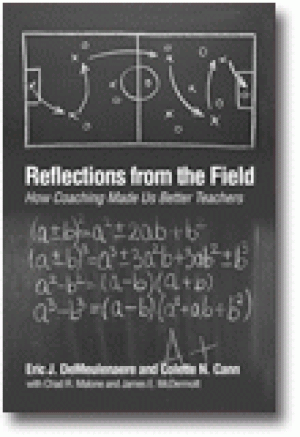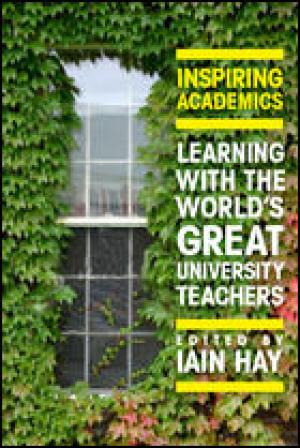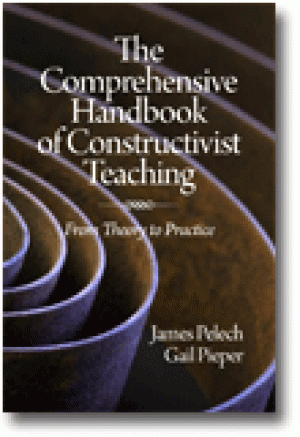Resources
Collected here, without examples or detailed explanations, are practices that constitute excellence in college teaching. These elements represent the broad range of the most effective actions teachers take, and requisite conditions teachers establish, to facilitate learning.
Aimed at students, this site is a user-friendly bulleted list of briefly treated topics, all related to college study skills and how to learn.
A comprehensive set of documents produced by Illinois Online Network (University of Illinois) on such topics as: Assessment, Instructional Design, Course Objectives, Hybrid Courses, Communications, and Intellectual Property Rights
Exhaustive overview to help teachers, administrators, facilitators, and students understand distance education, including: teaching strategies, review of research, the key processes of instructional development, evaluation, profiles of online students, copyright issues, glossary. University of Idaho.
A library of practical ideas and suggestions for achieving the “Seven Principles of Good Practice in Undergraduate Education” through the online environment.
Arthur Chickering and Zelda Gamson’s useful summary of what decades of educational research indicates are the kinds of teaching/learning activities most likely to improve learning outcomes.

Click Here for Book Review Abstract: The coaching metaphor first entered the educational literature over twenty-five year ago when Ted Sizer urged classroom teachers to model the pedagogical relationship between coaches and athletes. Yet, since then, educators have rarely drawn direct lessons from the athletic arena for their practice... until now. DeMeulenaere, Cann, Malone and McDermott, in this groundbreaking analysis, explore the implications of athletic coaching for improved pedagogy. They offer concrete lessons and suggestions for best practices in the classroom. (From the Publisher)

Inspiring Academics draws on the experience and expertise of award-winning university teachers to illuminate exemplary teaching practice. It is structured around five core themes: inspiring learning, command of the field, assessment for independent learning, student development and scholarship. Mirroring the vast range of practices and characteristics that constitute high quality teaching, 26 distinguished scholars from Australia, Canada, New Zealand, the UK and the USA recount and reflect on the personal and professional circumstances that have made them great teachers. Through its autoethnographic approach, this book provides captivating and illuminating personal explorations of the 'hows and whys' of excellent university teaching. (From the Publisher)

While many people talk about the Constructivist philosophy, there has not been a publication that provides a detailed description of what a Constructivist classroom sounds like and looks like. This book fills that void by examining the philosophy, translating it into teaching strategies, and providing over forty examples. These examples come from the elementary level up to and including the collegiate level, and include all content areas. These examples show how the Constructivist educator uses the linguistic mode, the visual mode, and the kinesthetic mode to create a class environment in which the Constructivist philosophy flourishes. Examples of student work are provided; the book also includes chapters on note-taking, Problem-Based Learning (PBL), action research, and other Constructivist resources. Written in user-friendly form, this book presents a concrete and step by step approach for translating the Constructivist philosophy into classroom practice. This book is intended for every Constructivist researcher, practitioner, and teacher-educator. The researcher and teacher-educator will benefit from topics such as the history of Constructivist thought, the principles of Constructivism and action research. This book is more than a list of recipes, and this will be beneficial to the practitioner. Starting with the principles of Constructivism, and bridging to four basic teaching strategies, the practitioner is guided on how to use different learning modes and meta-strategies to create a true Constructivist practice. An educator's life is made up of one's philosophy, teaching principles, daily strategies,resources, and research tools. This book provides an in-depth look, from the Constructivist perspective, at each one of these components. In every sense of the word, this book is truly comprehensive. (From the Publisher)